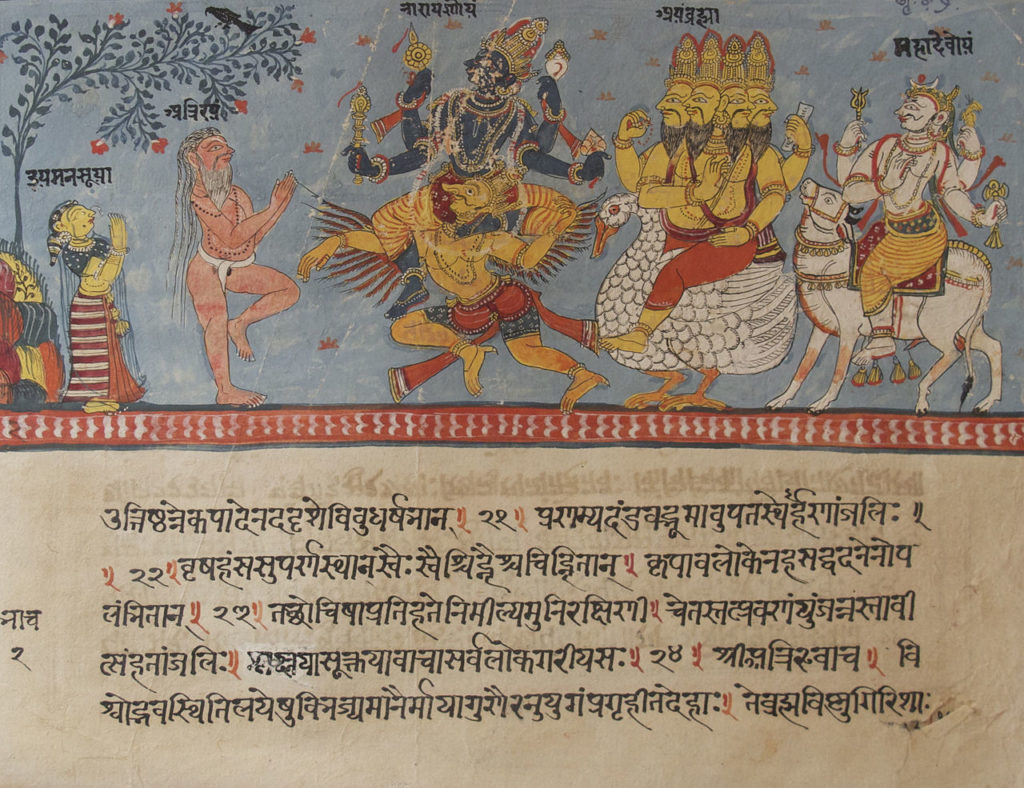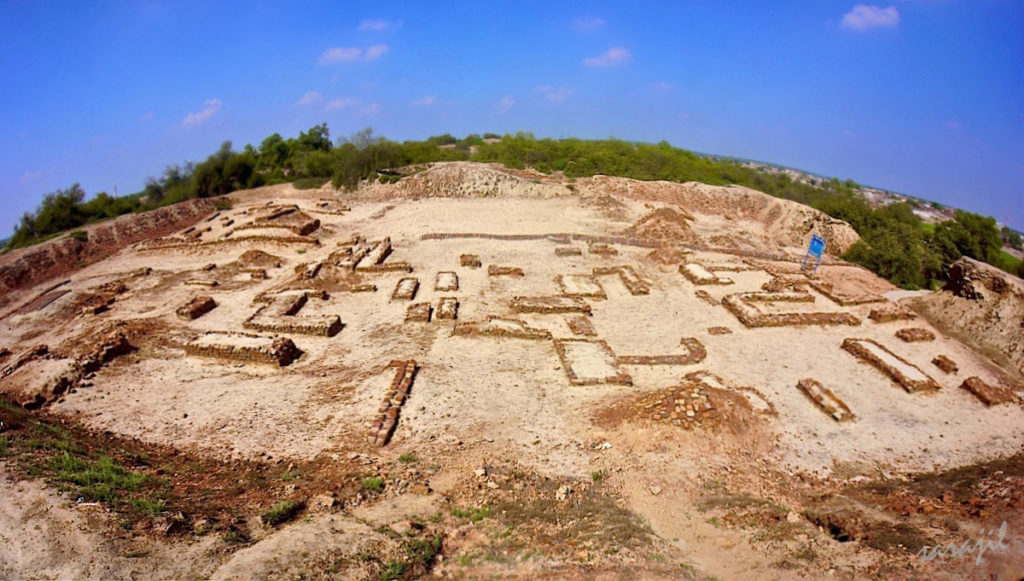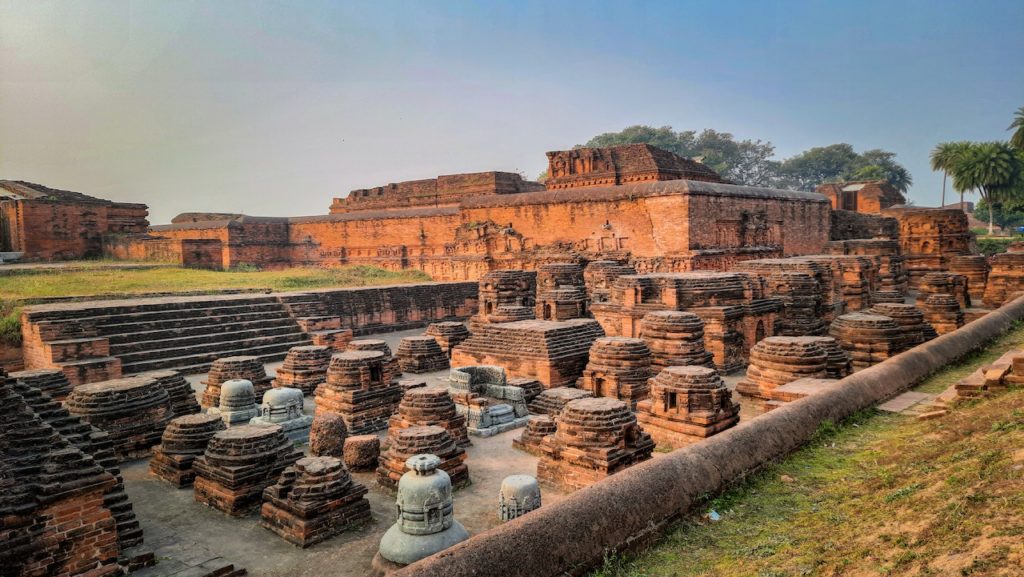Indian Manuscriptology: Preserving and Understanding India’s Literary Heritage
Introduction Indian manuscriptology is the study of ancient Indian manuscripts, including their production, preservation, and interpretation. Manuscripts are handwritten documents that date back to ancient times and provide valuable insights into Indian history, culture, and philosophy. This research article aims to explore Indian manuscriptology, its significance, and its impact on preserving and understanding India’s literary …
Indian Manuscriptology: Preserving and Understanding India’s Literary Heritage Read More »



